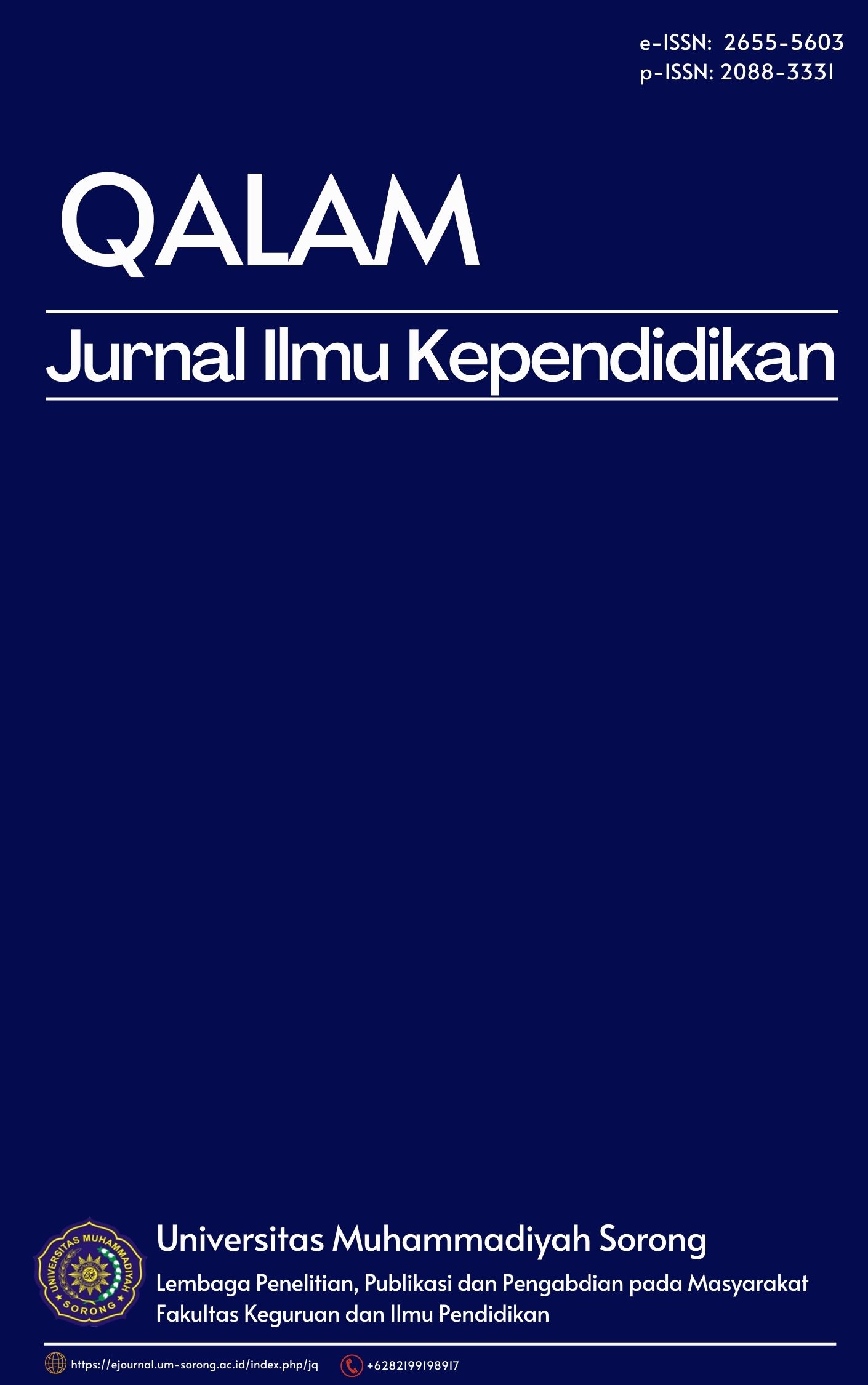Fostering Cooperative Learning through Reciprocal Reading Methods in German Online Class
DOI:
https://doi.org/10.33506/jq.v9i2.1166Keywords:
reciprocal reading, reading comprehension, germanAbstract
Understanding of written texts is one of the important competencies that learners of German as a foreign language must master. Therefore, making students good readers is the main goal in the German middle class, where students must reach level B1. During online learning German there are obstacles in the learning process, especially in learning reading skills for middle-level German classes in the course. Deutsch 3. Students tend to be less active and teachers cannot control it directly because there is no face-to-face process. The results of the questionnaire to students showed that the teaching method used was considered less cooperative and boring. To overcome this problem, an integrated reading method or reciprocal reading is applied. This method (Palinscar and Brown 1984) requires interaction between students through an integrated reading strategy, namely summarizing, questioning, clarifying, predicting, and responding to what they read. The interaction between students increases their activity in class because they have to interact in order to understand the content of the reading that is being discussed. After the application of the reciprocal reading method, online learning reading skills in the Deutsch 3 course experienced significant changes. This is evidenced through the results of research findings which indicate differences in values and motivation between the control class and the experimental class. The post-test results showed that the experimental class experienced a higher increase in scores than the control class. In addition to increasing the value of the experimental class, there was also an increase in motivation as evidenced by the results of student questionnairesReferences
Bimmel, P. (2002). Strategisch lesen lernen in der Fremdsprache. In: Zeitschrift für Fremdsprachenforschung.
Blümel-de Vries, K. (2003). Schulung von Lesestilen im Französischunterricht. In: Der fremdsprachliche Unterricht Französisch.
Chamot, A. U. (2004). Stand der Forschung zum Einsatz von Lernstrategien im Zweit- und Fremdsprachenerwerb. In: Barkowski, Hans & Funk, Hermann (Hrsg.): Lernerautonomie und Fremdsprachenunterricht. Berlin: Cornelsen.
Fritsch, A. (2006): Förderung der Lesekompetenz. In Krechel, Hans-Ludwig (Hrsg.): Französisch-Methodik. Handbuch für die Sekundarstufe I und II. Berlin:Cornelsen.
Henseler, R & Surkamp, C. (2009). O This Reading, What a Thing It Is! Lesekompetenz in der Fremdsprache Englisch fördern. In: Der fremdsprachliche Unterricht Englisch
Hermes, L. (1998). Leseverstehen. In: Timm, Johannes-P. (Hrsg.): Englisch lernen und lehren. Didaktik des Englischunterrichts. Berlin: Cornelsen.
Philipp, M. (2010b). Peer Assisted Learning in der Lesedidaktik am Beispiel von Lesestrategie-Trainings. Teil 2: Zur Rolle der Lehrkräfte und der Implementierung der Verfahren. Online-Veröffentlichung in: http://www.leseforum.ch und http://www.forumlecture.ch (Juli, 2020).
Downloads
Published
How to Cite
Issue
Section
License
The article copyright is owned by the author and Qalam: Jurnal Ilmu Kependidikan

This work is licensed under a Creative Commons Attribution-ShareAlike 4.0 International License.




